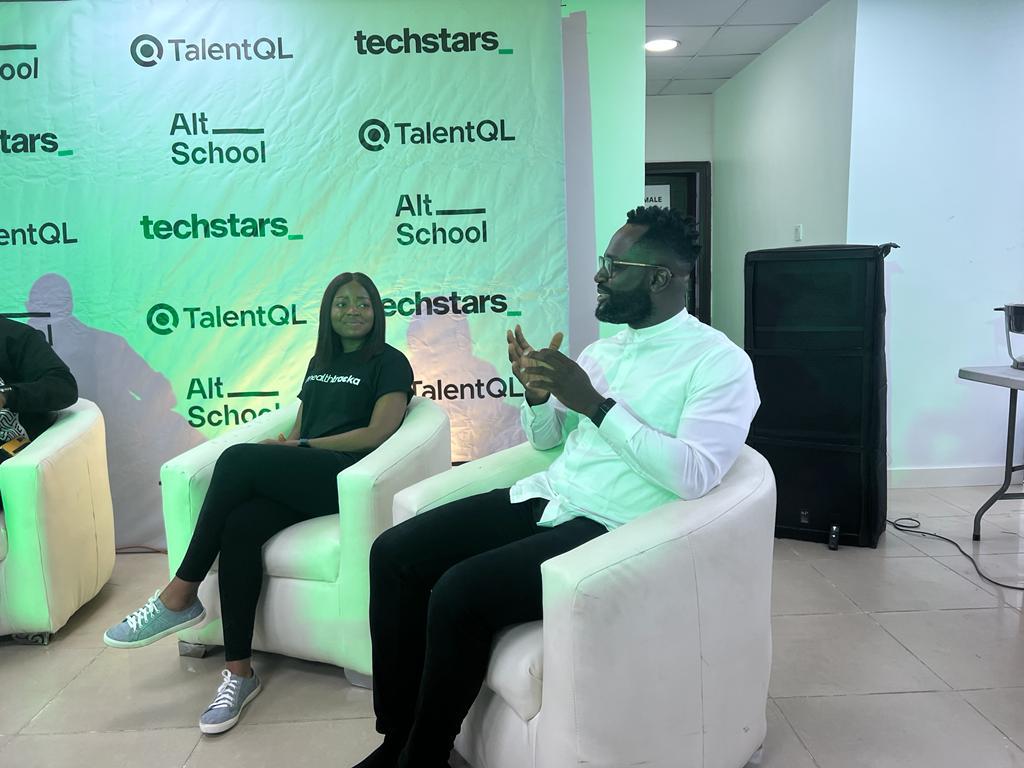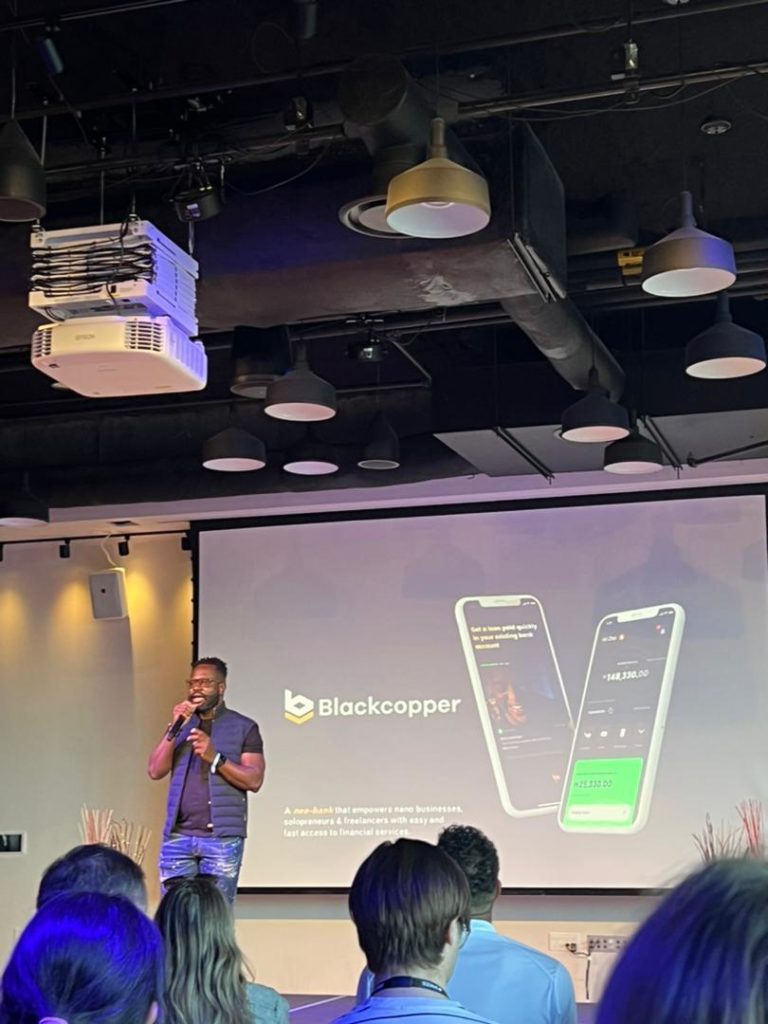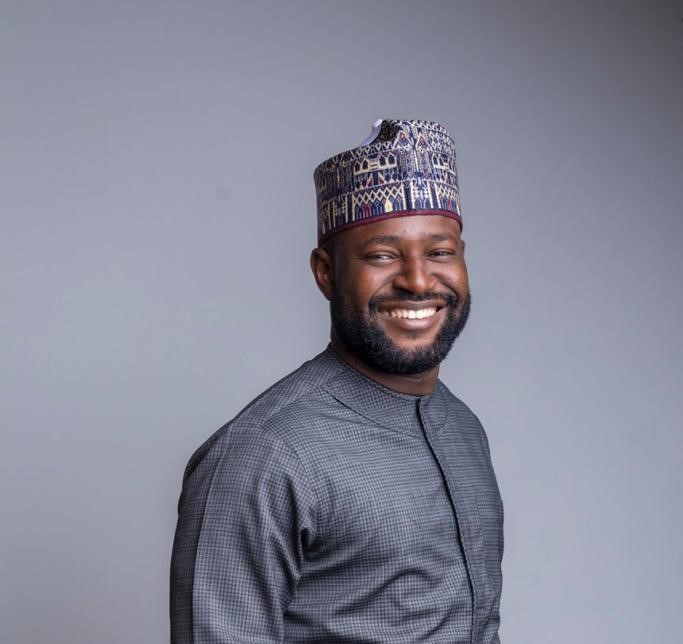The process of building companies in Africa is different from anywhere else in the world. Here, resources are scarce, problems are multifaceted, and factors beyond the founders’ control command the tune of the ecosystem. According to Eche Emole, Afropolitan’s CEO, who is building a virtual pan-African network state, startups in Africa compete against the government to stay afloat. And more often than not, they lose the struggle—and die.
Statista puts the average failure rate of African startups at 54%, extending to 71.6% when the big four—Nigeria, Kenya, Egypt, and South Africa—are put aside. Bearing in mind that about half of the continent’s startups are enabling financial services and building on the precedence of banks and the surging mobile and internet penetration while recording a limited foray into other technology verticals, many would argue that much is left to be desired of the African technology ecosystem. Their point? If an ecosystem is focused on particular products, its players should build enough experience around it to record more successes than failures, compared to an experimental ecosystem taking on new building adventures.
Still, the promise that African startups hold in our world is real—enormous, even. Africa currently has the world’s youngest population, and by 2050, the continent will be home to more than a quarter of the world’s population, housing over 2.5 billion people. As the years go by, urbanisation and academic migration are becoming central to the African ethos, unlocking a generation of highly skilled Africans shaping the continent’s outlook and scaling sustainable businesses across the continent. If there’s anything Africa and the world agree on, it is that Africa is the continent of the future, as this Washington Post article describes.
Olumuyiwa Faulkner is a Nigerian who believes in this African dream. He is the co-founder and CEO of Blackcopper, a startup powering Nigerian small and medium-scale businesses by providing banking services, swift working capital, and a thriving growth community. Founded in 2020, Blackcopper claims it has disbursed about $4 million in 60,000 loans to Nigerian businesses. According to Faulkner, the solution Blackcopper provides is his way of contributing to a Nigeria where prosperity is tangible and businesses are thriving.
Faulkner is no stranger to impact. Before founding Blackcopper, he had worked at top firms like GTBank, Tavia, Team Apt, Flutterwave, and Migo. At GTBank, he helped connect small businesses to internet banking, and then he moved on to master the payments ecosystem at Nigerian fintech unicorn, Flutterwave. Migo, Faulkner’s last stop as an employee, deepened his understanding of lending technology and ushered him into a new phase as a startup founder—where he’s now drawing on his experience in his previous roles to power small businesses with loans and digital services.
In March 2022, Blackcopper got accepted into Techstars, a global startup accelerator that only accepts about 1 – 2% of the thousands of applications it receives annually. According to Faulkner, applications had already closed when he picked interest in the accelerator. But after a conversation with the Techstars team, they reopened the applications for Blackcopper as the last application for the cohort. A few weeks later, Faulkner received celebratory news from Sunil Sharma, Techstars’ Managing Director. It said: “Congratulations, Faulkner, your company is the first in this cohort to be accepted into Techstars.”
In another serendipitous stroke, Faulkner was brought in as a Techstars mentor for its next cohort. It was an uncommon feat, which, amidst other things, spotlighted the quality of founders working in the African tech ecosystem. “I was not too surprised,” Faulkner said to me over a video call, smiling with closed eyes as he reminisced. ”Beyond being a founder, I have always seen myself as an ecosystem builder. I understand that to benefit from an ecosystem, you must contribute directly to it. That’s exactly what I did at Techstars. I contributed my wealth of experience to help my founder peers in their respective journeys. So, it was a great—but not unexpected—experience when I was called back within months as a mentor,” he said.

Patriotism as a service
Faulkner’s blossoming successes can be attributed to his values and how he approaches his role in the ecosystem. At his core, the founder-turned-mentor is driven by deep patriotism and a unique mindset towards building—he understands that an African product, irrespective of its innovation, is handicapped if it’s void of community.
“50 years from today, when my children ask me what I did to help Nigeria in my youth, I will tell them that I founded a business that helped many Nigerians to thrive,” Faulkner said to me on the call. For the Blackcopper CEO, entrepreneurship is more than a personal project. It is, like for an enlisted soldier, a service to his country, and he sees a thriving startup as the badge of honour founders should wear proudly. Problems are the enemy here, so every conquest is a win for the ecosystem.
Faulkner’s patriotism and positivity about Nigeria’s future stem from his family’s historical ties to the country. “My grandfather was the secretary of Lord Lugard,” Faulkner revealed. “His name was Bruce Faulkner, and he was one of those who drafted the amalgamation papers of 1914. Seeing how my family has been historically attached to Nigeria built a resolve in me to make this country better in my lifetime, and entrepreneurship is my means for that,” he added.
Building solutions around communities
Patriotism births active and interconnected communities, which Faulkner believes is what businesses need to build solutions. Communities are the engines of solutions, especially in African climes, where the rich communal culture weaves people together. One example of a community fostering growth is Herconomy, then an online community of women supporting women with opportunities, which failed to raise money from institutional investors to scale its business last year. The startup’s founder, Ife Durosimi-Etti, turned to the Herconomy business community and raised $600,000 pre-seed within 24 hours!
Faulkner’s startup, Blackcopper, is ostensibly bringing a community twist to its business model. The company describes its goal as “going beyond the provision of mundane banking services to build a fast-growing community around users.” Through its Business Essentials program, Blackcopper tells the stories of entrepreneurs and business figures across various industries in Africa, spotlighting business heroes and demystifying the myths around doing business in Africa.
Creating Africa’s success metrics
Africa’s technology ecosystem is relatively nascent, and many metrics—from check sizes to product scope—point to this. The $4 billion that African startups have raised in 2022 is dwarfed by the global $108.5 billion figure, and even our most “shiny” products hardly go beyond payments and credit facilities. This reiterates a reality check: despite the year-on-year surge in check sizes and the increasing number of startups, the African tech ecosystem is operating far below globally attainable standards.
Faulkner believes that this isn’t necessarily a problem. After all, products are built in response to users’ local needs. Cash is king on African streets, so the litany of digital payment options were built to digitise the economy and drive financial inclusion in a continent with the most unbanked population globally. Credit is also necessary, as most businesses barely make enough revenue to scale and multiply profits. According to Faulkner, a healthy credit system and a vibrant SME sector are the pillars of Africa’s economy, so there will be an obvious focus on those. “What’s the point of building an alternative protein source for people who are hardly eating three square meals?” he asked rhetorically.
“What we must do,” Faulker continued, “is create our metrics and continuously improve our solutions. We must quickly identify gaps in the ecosystem and fill them in with top solutions.” According to Faulkner, the needs of most Africans fall within the lower rungs of Abraham Maslow’s hierarchy of needs. And as such, the most successful products will lean towards financial empowerment. However, users’ product needs will generally evolve as the continent grows and a more advanced middle-class rebounds.
Delaying gratification
In building within a burgeoning technology ecosystem, many African founders are tempted to prove their startups’ success by operating at higher expenses than they probably should. This is reflected in the common big-budget projects, inflated allowances for founders, and high quotes for general office operations or events. This trend, according to Faulkner, could be the unsavoury path to a failed or underperforming startup.
“At the end of the day, the business belongs to you as a founder, so why shortchange yourself by squeezing too much money from a business that should be nurtured with more money to ensure better growth?” Faulkner asked.
Thousands of businesses fail daily, and the odds are already stacked against African startups. To improve the chances of success for their startups, founders must be frugal in their operations. This year, the lack of frugality has contributed to the shutdown of multiple African startups, including Kenya’s Notify Logistics and Kune Foods, South Africa-based Snapt, and more recently, Nigeria-based Kloud Commerce.
“At Blackcopper, we encourage businesses to operate at the lowest expense they need to. It’s not a means of restricting business owners from reaping the fruits of their labour. Rather, it is a way of delaying gratification to ensure that the business is better positioned to scale and record better profits,” Faulkner said.

Truly, building in Africa differs from the rest of the world, but this statement does not have to connote a struggling business ecosystem. Founders, regulators, and industry stakeholders must realise the importance of intense collaboration for the growth of Africa’s tech ecosystem.
Also, new businesses must learn from the wealth of experience of their predecessors and seek to augment solutions by filling in gaps, rather than replicating seemingly successful business models. An African ecosystem that upholds the African communal spirit will record unprecedented growth, and Africans will prosper as a result.
Over the next five years, Faulkner envisions Blackcopper as the powerhouse for SMEs in Africa; a home where small businesses can get everything they need to thrive, from business infrastructure to funding. While at this, Faulkner will continue to serve Nigeria and Africa by extension, armed with knowledge and experience, and determined to contribute to a future wherein Africa, with its businesses and people, takes the world’s centre stage.





















